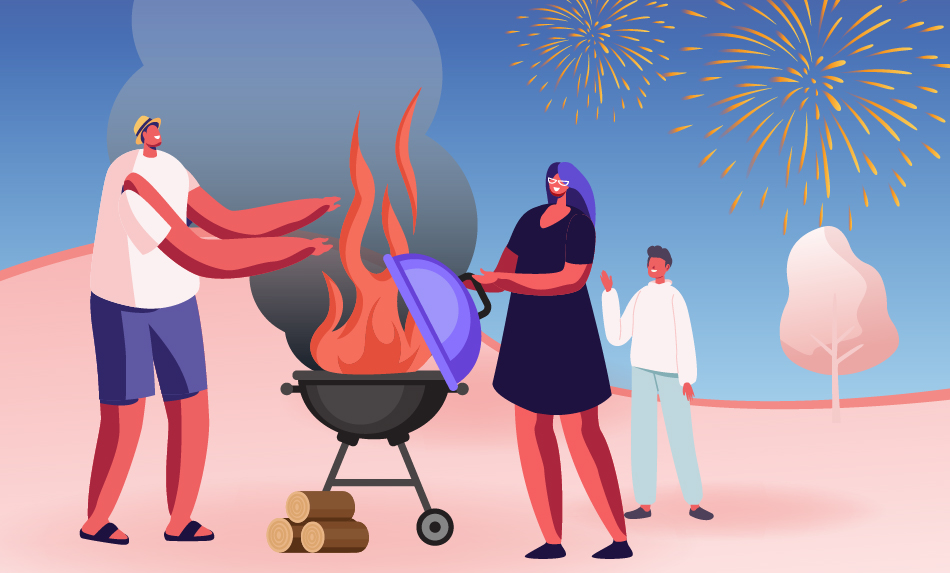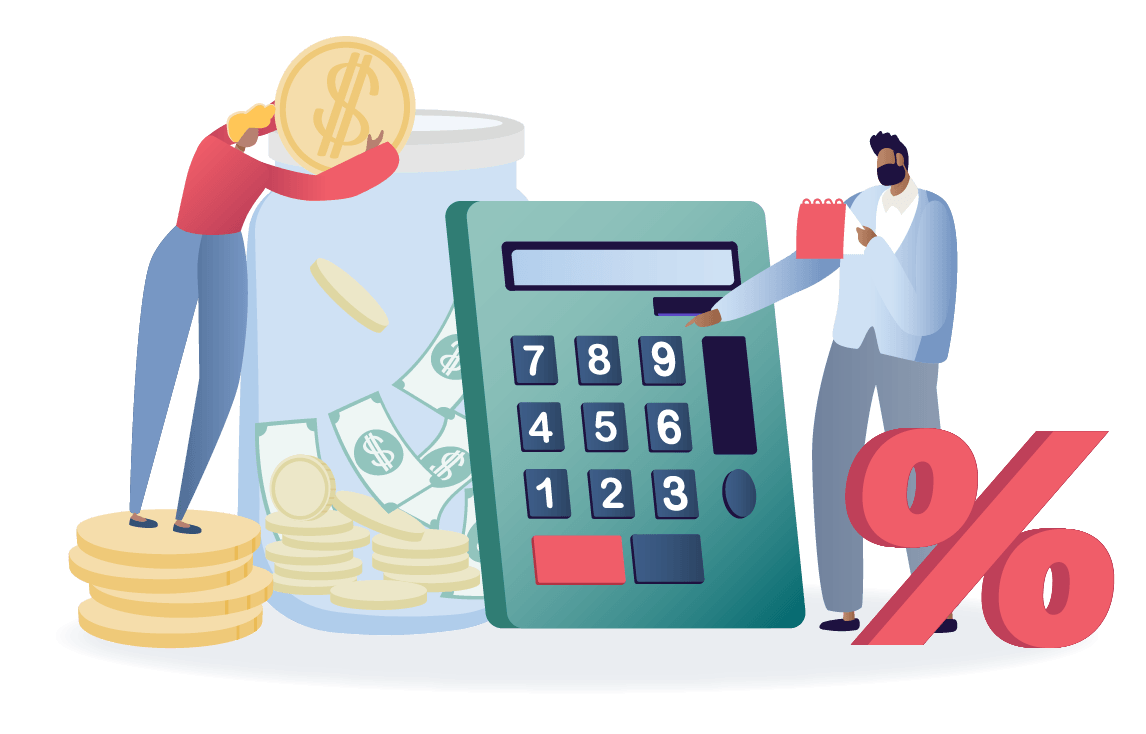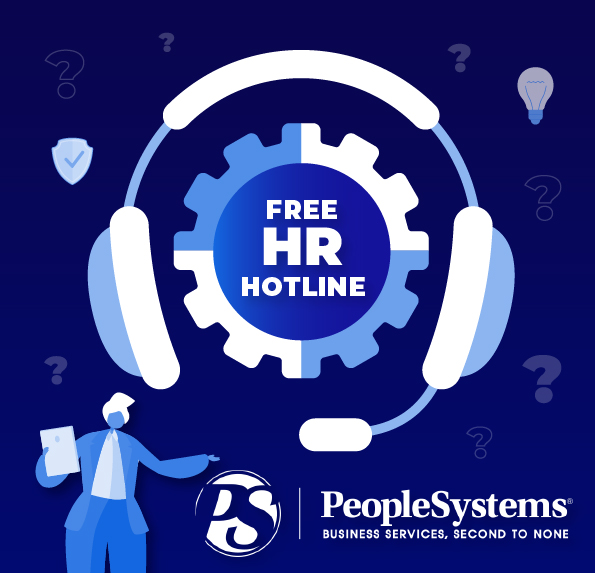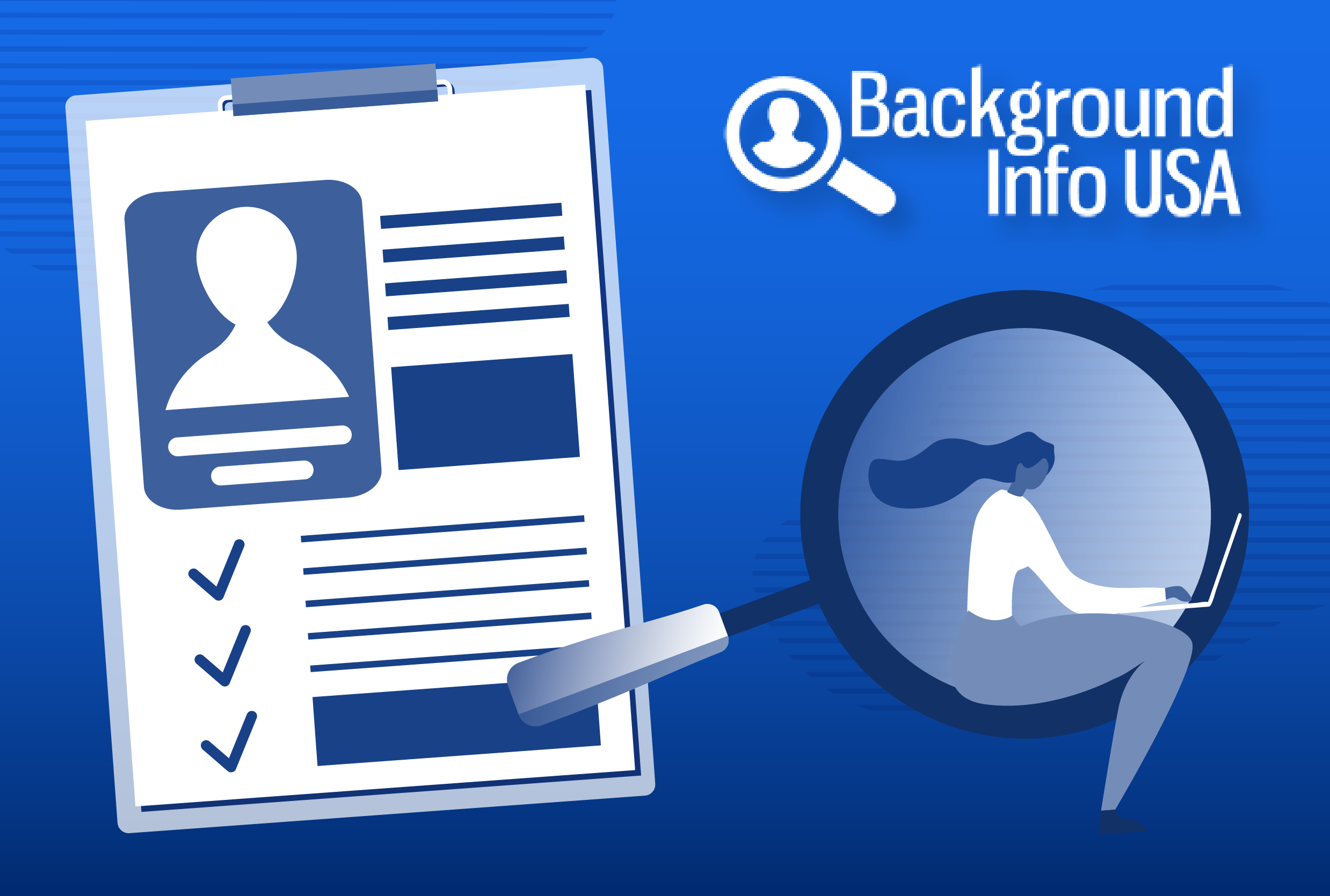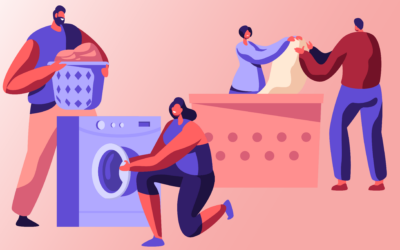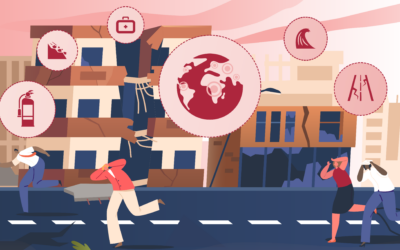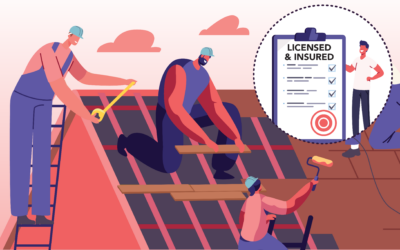Summer is a time of year when many head outside to enjoy the weather and seasonal activities. But firing up the grill or enjoying fireworks can lead to serious accidents that could put you and your loved ones at risk of injury — and costly insurance claims. By taking precautions and knowing what to avoid, you can manage summer risks and make it easier to enjoy all the season has to offer.
The Fourth of July
Before your Independence Day celebrations begin, consider these safeguards:
- Leave the lighting to the professionals
- Do not set off fireworks on your own
- Fireworks can cause severe burns, sever fingers and ignite fires
- Instead, choose public firework displays
- If you want to set off sparklers this year, purchase cold sparklers instead of traditional handheld sparklers
- These are nonflammable and safer for children
- Traditional sparklers can reach 1,200 degrees at the tip, causing third-degree burns
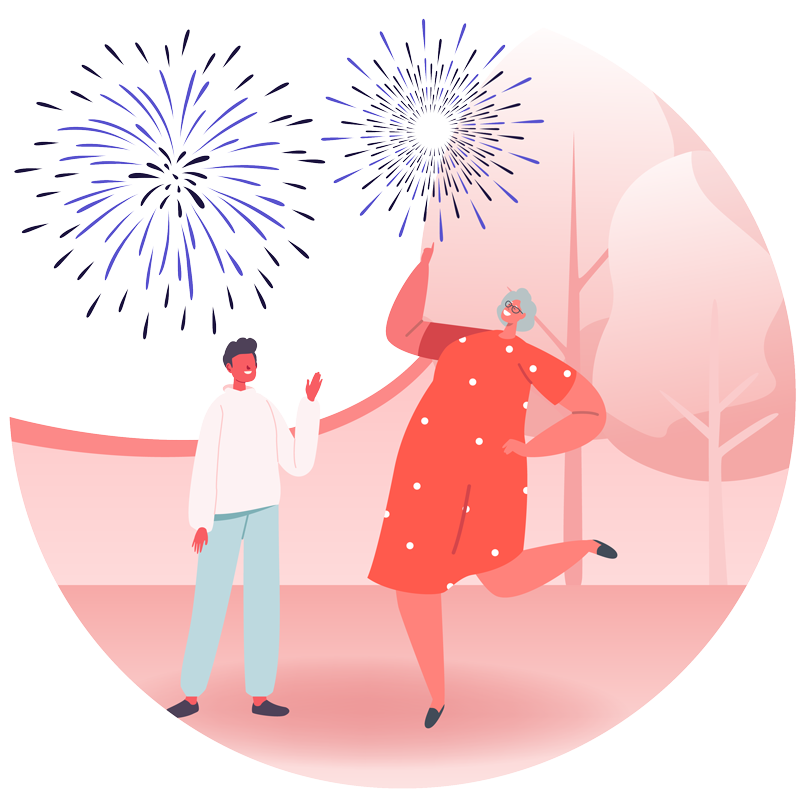
Fire Pits and Grills
When lighting up a fire pit or grill, keep these safety tips in mind:
- They should be at least 10 feet from any structure (e.g., houses, deck rails, trees)
- Never use a fire pit or grill indoors, on a balcony or under any overhang (e.g., trees, tents, porches)
- Never use a flammable liquid (especially gasoline) to start or rekindle a fire
- Place a metal screen over wood-burning fire pits to prevent sparks and embers from igniting other areas
- Fires should be elevated and properly contained
- Keep children and pets away
- Never leave grills or fire pits unattended
- Turn the gas off and extinguish flames when finished
- Remove grease from grills after each use to avoid unintended flare-ups
- Place coals from charcoal grills in a metal can (with a lid) after they’ve cooled
- Store matches and lighters out of children’s sight and reach
- Have a water source close by in case of a flare-up
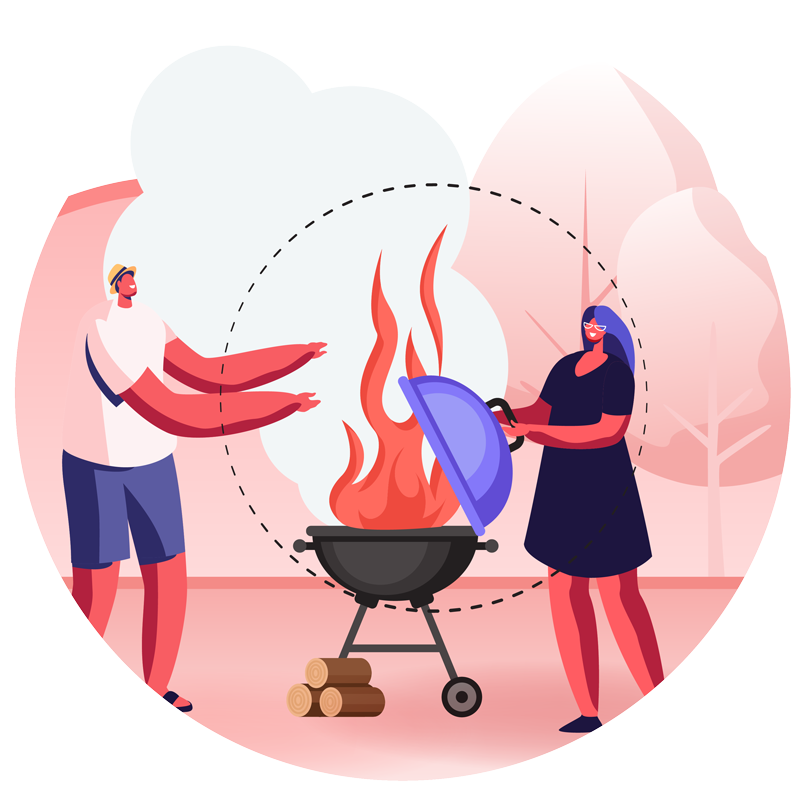
Other Hazards to Avoid
- Open bonfires/campfires, which are harder to control and can easily spread, leading to potential property damage and bystander burns
- Putting canisters, aerosols or anything that contains paint or foam into fires as these products have highly flammable ingredients, can create toxic fumes and can lead to explosions
- Filling tanks of gas-powered equipment (e.g., mowers) when engines are running or when they are hot

